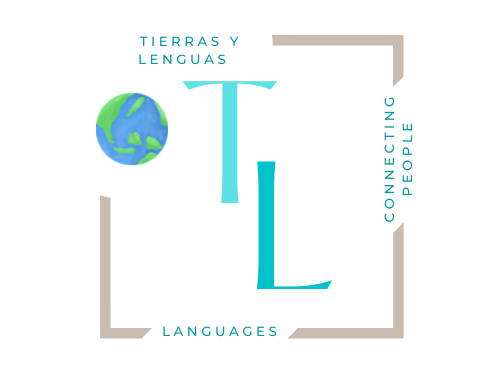While there is a great variety of English accents and dialects, the same is also very true for the Spanish speaking parts of the world. A tourist in Barcelona, Spain, might hear some familiar words, but if they then travel to Colombia, the very same sentence might sound completely different. This is something that makes individual languages special and unique, as a world of Spanish speakers all talking with exactly the same accent would be very bland indeed.
As with English, it is not so much the way that words are written that causes the difficulty in understanding, but it all comes down to the pronunciation. Spanish speakers from Spain will give a ‘th’ sound when there is a Z, or a C that comes before an I or an E. However, in places like Cuba that sound comes across as a ‘ss’ sound. So, while one might pronounce kitchen as ‘cothina’ (‘koˈθina’), the other will pronounce it as ‘cossina’ (‘koSina’). ‘Grathias’ (ˈɡɾaθjas’) for a resident of Spain will sound like the thank you we all know, but someone from Latin America would say ‘grassias’ (‘ɡɾasjas’).
On the other hand, English speakers find really difficult to roll the ‘RR’ or even the soft ‘r’ but practising the sound with a little bit of time and with the help of some Spanish friend, it will be possible to learn!
Thankfully, once you have ‘trained’ your ears to listen to the different accents, it is quick to pick up and in no time at all any two Spanish speakers will eventually be able to communicate as normal
